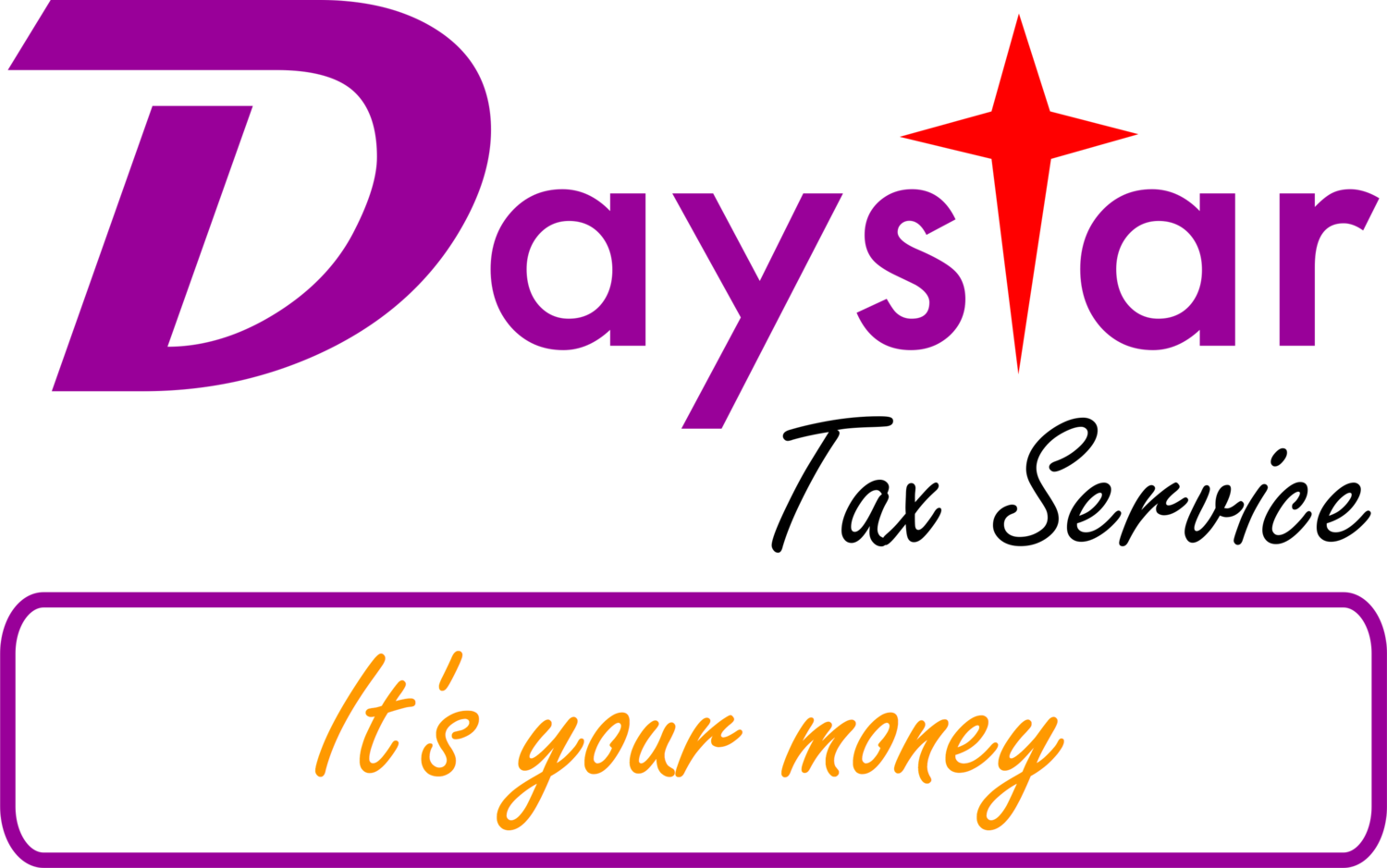The Affordable Care Act was passed with the goal of providing affordable health insurance to many who could not acquire coverage. With the passage of the new law, several items became mandatory for individuals relating to their annual tax return. Here is a review of those items:
- Marketplace insurance - The marketplace was established for individuals to acquire health insurance when coverage was not available through employers or the employer provided coverage was not affordable. An individual with health insurance from the marketplace will receive a 1095-A form from the insurance provider. This form must be used to complete the individual tax return.
- Form 1095-A - Individuals with health insurance through a state or federal marketplace will receive a Form 1095-A to be used when filing their tax return. In most cases, the tax return cannot be filed without this form. The marketplace providers had to mail this form to individuals by February 1st. In many cases, you may be able to download and print a copy of this form from your online marketplace account.
- Forms 1095-B and 1095-C - Form 1095-B is required to be sent to those insured with any type of coverage that is not reported on a Form 1095-A or C. This includes coverage from insurance companies, the government (Medicaid, CHIP, Medicare Part A, TRICARE, VA, etc.), small self-insured employers and more. Form 1095-C is required to be sent to those insured by large employers – those that are required to offer coverage to employees or pay a penalty for failing to do so. This form is unique in that it repots both an offer of coverage to an employee and the coverage of the employee if the employer is self-insured and the employee enrolls in coverage. Both of these forms are due to be mailed by March 31st. Individuals are not required to wait for these forms to file their tax return as most individuals already know this information.
- Premium Tax Credit - The premium tax credit is a refundable credit that helps eligible individuals and families with low or moderate income afford health insurance purchased through a Health Insurance Marketplace. This credit can be received in advance, each month, paid directly to your insurance provider or calculated on your tax return. If you received advanced premium tax credits, you are required to file a tax return to reconcile those credits even if you otherwise would not be required to file.
- Shared Responsibility Payment - Starting January 2014, you and your family must either have health insurance coverage throughout the year, qualify for an exemption from coverage, or make a payment when you file your tax return. In general, the payment amount is either a percentage of your income or a flat dollar amount, whichever is greater. The payment amount is capped at the cost of the national average premium for a bronze level health plan available through the Marketplace. For 2015 tax returns, the payment calculation is 2% of income above the filing threshold or $325 per adult ($162.50 per child) with a family maximum of $975. For 2016 tax returns, the payment calculation increases to 2.5% of income above the filing threshold or $695 per adult ($347.50 per child) with a family maximum of $2,085. After 2016, the flat dollar amounts are based on the 2016 amounts plus an inflation adjustment.
Health insurance requirements have a direct impact on an individual’s tax return. Additional forms may be required, more time is involved and many individuals may require assistance from a professional to navigate the process. Contact a personal tax specialist today to help you navigate this process!





